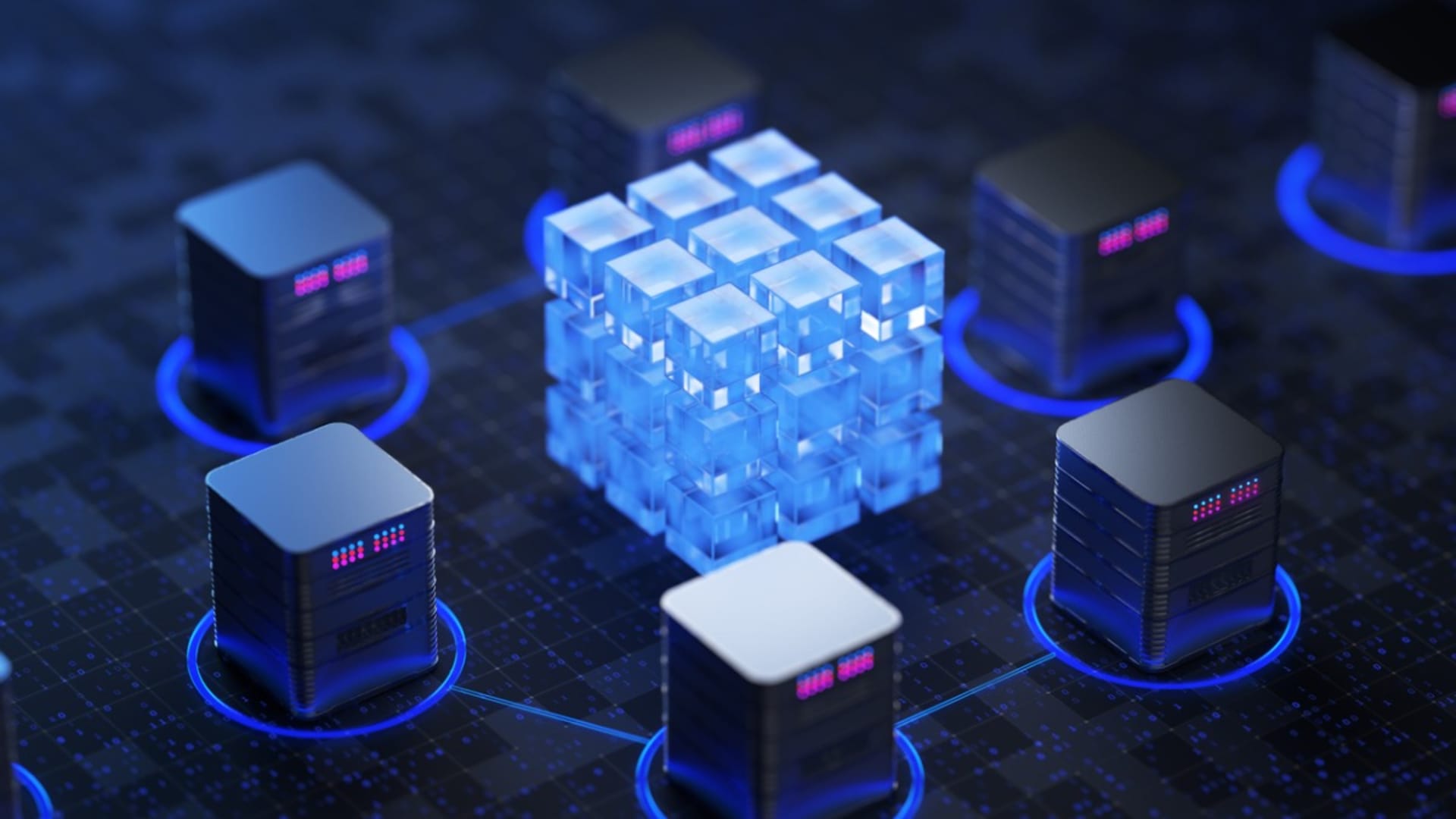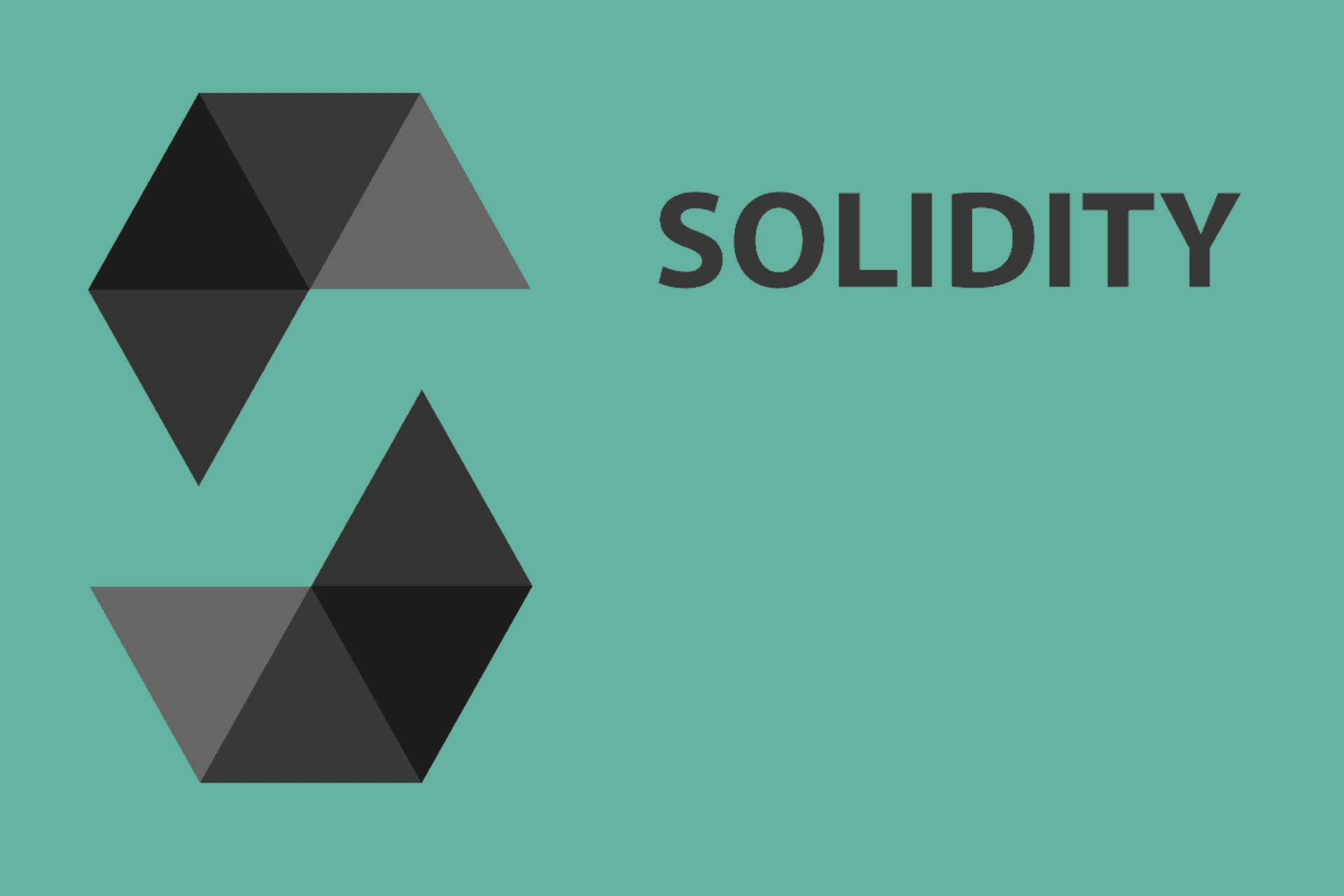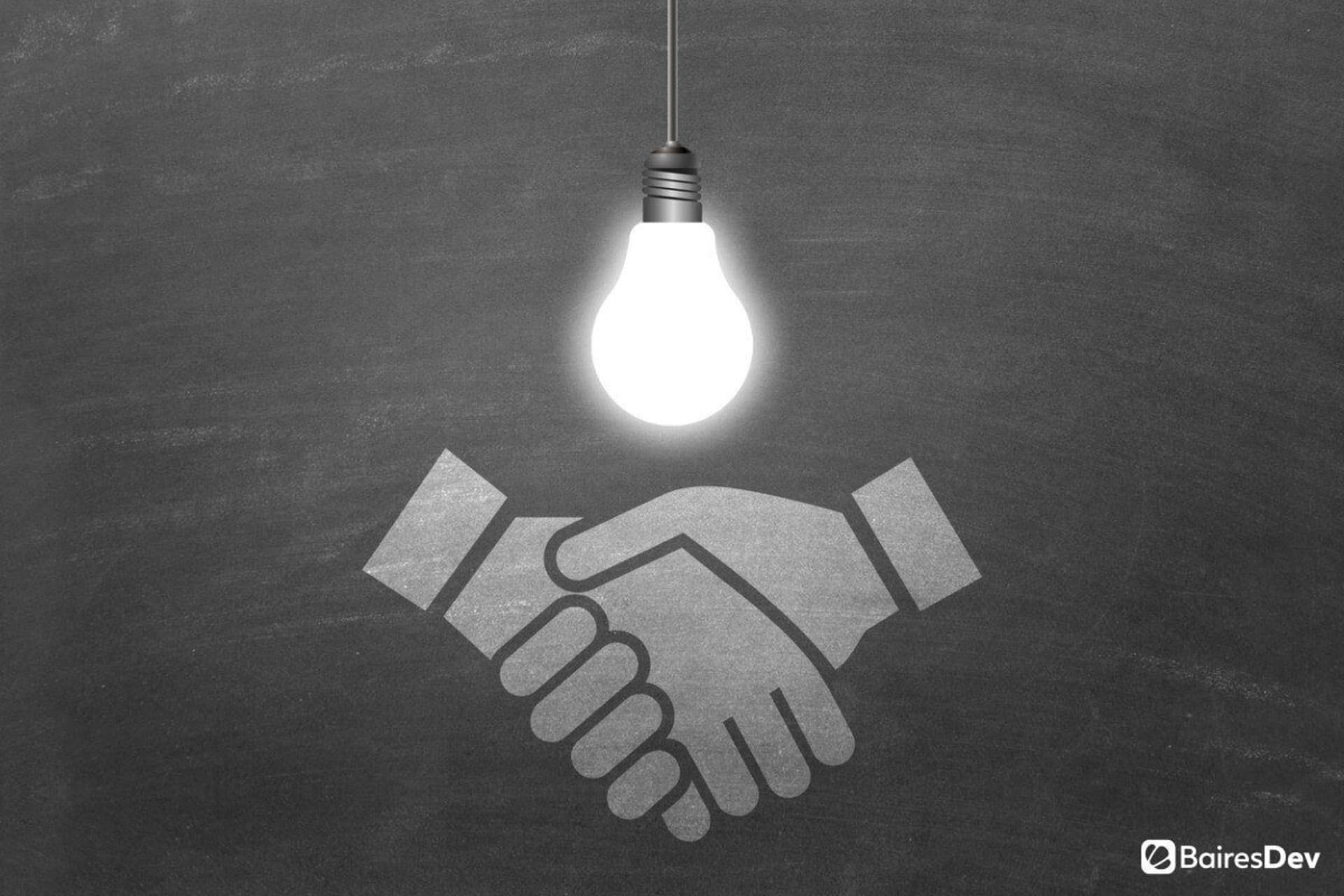- Home
- Solutions
- Smart Contract
- Hire Smart Contract Developers
Hire Smart Contract Developers
Our top 1% of tech talent has already undergone a rigorous vetting process. Get bilingual, nearshore Smart Contract developers on your team within 2 weeks.
500+ companies rely on our top 1% tech talent.
No time to find the top talent yourself? Skip the hassle of recruitment.




The Ultimate Guide for Hiring Smart Contract Developers
Finding the right smart contract developers can be one of the most difficult steps in launching a successful blockchain project. From maintaining the security of smart contracts to meeting tight deadlines, the hiring process is often filled with challenges.
With over 1,200 completed projects and 4,000+ vetted professionals, we’ve seen firsthand how hiring the right talent can drive projects forward. This guide will teach you how to hire smart and set your project up for success.
Before You Start Hiring
Define Goals and Objectives
By clearly outlining the scope of work, technical stacks, and any specialized expertise needed—such as an in-depth understanding of programming languages or technical proficiency—you set the foundation for success.
Hire Smart Contract Programmers with Niche Experience
Developers with niche expertise, such as performance testing or rigorous security testing, can help mitigate risks and deliver high-quality outcomes for your project.
Prioritize the Smart Contract Developer with Stellar Communication Skills
Developers must be able to document processes, explain complex blockchain technologies, and collaborate across teams. Strong communication skills help keep every stakeholder aligned, minimizing delays and misunderstandings during the development process.
Opt for Nearshore Software Development Talent
Nearshore talent offers the advantage of real-time communication without the logistical challenges of coordinating across different time zones. This is crucial in blockchain projects where quick responses and distributed ledger technology updates can prevent delays.
Hire Contract Developers with an Extensive Portfolio
Review candidates' previous work to assess the complexity and quality of smart contract development they’ve completed. Projects like deploying smart contracts or conducting smart contract audits highlight their readiness to contribute to your goals.
20 Skills Every Smart Contract Developer Should Have
By hiring smart contract developers with the right combination of technical skills and interpersonal abilities, you can expect higher-quality outcomes, smoother project engagement, and fewer bottlenecks. Below is a breakdown of essential skills to look for when hiring the best smart contract developers.
Technical Skills to Look for in Your Ideal Smart Contract Developer
1. Proficiency in Solidity
Solidity is the primary programming language for Ethereum smart contracts. A deep understanding of its syntax, libraries, and tools is essential for building robust and secure applications on the Ethereum blockchain.
2. Knowledge of Vyper and Rust
Developers should also be familiar with alternative languages like Vyper for Ethereum and Rust for platforms like Polkadot. This flexibility broadens the developer's ability to create versatile smart contracts across different ecosystems.
3. Understanding of Blockchain Platforms
Familiarity with platforms like Binance Smart Chain and Polkadot allows developers to customize smart contract development to specific use cases. This knowledge supports compatibility and scalability.
4. Experience in Decentralized Applications (dApps)
Smart contracts are the backbone of decentralized applications. Developers must understand how dApps interact with smart contracts to deliver seamless, user-friendly blockchain solutions.
5. Ability to Conduct Smart Contract Audits
Auditing is critical to keep smart contracts are secure and free from vulnerabilities. Skilled developers can perform smart contract audits, identifying and fixing potential flaws before deployment.
6. Performance Optimization
Efficient smart contracts reduce gas fees and improve execution speeds. Developers skilled in performance tuning can optimize the functionality of contracts while maintaining security.
7. Knowledge of Cryptographic Principles
Blockchain relies heavily on cryptography. Developers must understand hashing, encryption, and digital signatures to maintain the integrity of smart contracts and related transactions.
8. Familiarity with Web3.js
Web3.js is essential for integrating smart contracts into front-end applications. Developers must know how to use this library to interact with Ethereum and other blockchain networks.
9. Experience with Truffle and Hardhat
These frameworks streamline smart contract development, testing, and deployment. Proficiency leads to faster and more reliable results.
10. Proficiency in Various Programming Languages
Developers should be familiar with smart contract programming languages like Python, JavaScript, or Go for broader blockchain integration and full stack development tasks.
11. Understanding of Token Standards
Knowledge of ERC-20 and ERC-721 standards is crucial for creating fungible and non-fungible tokens (NFTs), central to many blockchain technologies.
12. Debugging Complex Code
Debugging is critical for addressing issues in smart contract creation and preventing errors that could lead to vulnerabilities.
13. Experience with Node.js
Node.js supports backend operations for smart contract development, so that developers build efficient and scalable solutions.
14. Ability to Work with Distributed Ledger Technology
Developers must understand distributed ledger technology (DLT) principles to build secure and transparent systems.
15. Testing and QA Practices
Rigorous testing practices, including automated tests, confirm that smart contracts function as intended under various conditions.
16. Familiarity with Decentralized Finance (DeFi)
Knowledge of DeFi protocols and mechanisms allows developers to build innovative financial applications using smart contracts.
Soft Skills to Look for in Your Ideal Smart Contract Developer
17. Communication Skills
Smart contract developers must articulate complex ideas clearly, document processes effectively, and align with team goals. Strong communication skills prevent misunderstandings, keeping projects on track.
18. Attention to Detail
Writing smart contracts involves precision, as even minor errors can lead to vulnerabilities. Detail-oriented developers produce accurate and secure code.
19. Problem-Solving
Smart contract programmers often encounter technical challenges that require creative solutions. Strong problem-solving abilities help developers to address issues effectively.
20. Adaptability
Blockchain technology evolves rapidly. Developers who adapt quickly to new tools, trends, and challenges bring long-term value to blockchain projects.
12 Questions to Identify Top Smart Contract Developers
When interviewing Smart Contract developers, it's important to ask questions that first assess the candidates' technical skills and knowledge. Employers will also usually conduct a coding test to further assess specific on-the-job knowledge.
The following set of questions aims to uncover not only the developers's technical knowledge but also their problem-solving abilities, teamwork, communication skills, and adaptability—all crucial traits for success in a collaborative environment.
Here are a few examples of technical interview questions:
1. How do you maintain the security of a smart contract before deployment?
To secure a smart contract, I conduct comprehensive smart contract audits and write extensive test cases to cover all potential edge cases. I use tools like MythX and Slither to detect vulnerabilities and verify compliance with security best practices. Additionally, I implement strict access controls and minimize external dependencies to reduce attack surfaces. These steps make sure the smart contracts I deliver are reliable, secure, and resilient to evolving threats.
2. Can you explain the differences between Solidity and Vyper?
Solidity is my go-to for most smart contract development due to its rich ecosystem and compatibility with Ethereum smart contracts. However, I use Vyper when simplicity and security are priorities, such as in contracts with smaller scopes or critical functions. I choose the language based on the project's requirements so that the code is efficient, maintainable, and aligned with the client’s goals.
3. What strategies do you use for upgrading a deployed smart contract?
For upgrades, I use proxy contract patterns, like the Transparent Proxy or UUPS Proxy, to separate logic from storage. This approach allows me to update functionality without redeploying the entire contract, preserving user data. Before implementing any upgrades, I conduct rigorous testing in a sandbox environment to verify functionality and security.
4. Can you share your experience with token standards like ERC-20 and ERC-721?
I have extensive experience working with both ERC-20 and ERC-721 standards. For ERC-20, I’ve developed fungible tokens with features like staking and minting to remain compliant with wallets and exchanges. With ERC-721, I’ve built unique assets for NFT marketplaces, integrating metadata and auction mechanisms. These experiences have allowed me to deliver scalable blockchain solutions customized to various client needs.
5. How do you integrate smart contracts into existing applications?
I use Web3.js to connect smart contracts to the front-end interface. I make sure the integration is smooth by thoroughly testing API calls and validating data flows. Additionally, I document the process for future maintenance and scalability, which is essential for enterprise-level projects requiring robust decentralized applications.
6. What is your process for testing and debugging smart contracts?
I rely on frameworks like Truffle and Hardhat for automated testing, covering unit tests and integration scenarios. When debugging, I use tools like Remix for step-by-step analysis and transaction logs to trace issues. This methodical approach helps me deliver reliable smart contracts that are free of critical bugs before deployment.
7. How do you optimize performance in smart contract execution?
I focus on minimizing computational complexity, optimizing data structures, and reducing storage interactions to enhance performance. For example, I avoid unnecessary loops and leverage mappings for quick access to data. By doing so, I make sure the smart contracts I develop are scalable and cost-efficient, meeting the demands of high-traffic enterprise applications.
8. Can you describe a technical challenge you faced and how you resolved it?
In a recent project, I identified a flaw in a smart contract causing excessive gas usage during batch transactions. I refactored the code to resolve it, replacing nested loops with optimized mappings. After rigorous testing, I reduced gas costs by 40%, improving the contract’s efficiency and user satisfaction. This experience highlights my ability to tackle complex technical issues and deliver impactful results.
9. Can you describe a project where you were responsible for delivering a critical smart contract feature?
This question uncovers smart contract developers' ability to handle high-pressure tasks and deliver results. It provides insights into their problem-solving skills, approach to complex smart contract development, and capacity to meet deadlines. The answer also highlights whether they’ve handled responsibilities similar to the role they’re applying for, making evaluating their readiness for enterprise-level challenges easier.
10. How have you collaborated with a team on a blockchain project that involved multiple components, such as front-end, back-end, and smart contracts?
This question assesses the candidate’s teamwork and communication skills, especially in coordinating across departments. Their response should demonstrate how they managed dependencies, aligned efforts with other developers, and contributed to a cohesive product. It provides insight into their ability to work effectively in complex environments typical of enterprise projects.
11. Can you share an example of how you maintained the security of a smart contract in a high-stakes project?
Security is a critical concern in smart contract development. This question highlights whether smart contract programmers understand security best practices, such as conducting smart contract audits and implementing robust access controls. Their response will reveal their approach to managing risks and their ability to deliver reliable, secure solutions.
12. How do you handle feedback or criticism on your work during a project?
This question explores the smart contract developer's interpersonal and adaptability skills. Their answer will show whether they are open to improving based on feedback and how they integrate suggestions while maintaining project momentum. This is especially relevant in collaborative environments where feedback cycles are common.
Frequently Asked Questions
How quickly can a smart contract developer start contributing to my project?
Experienced, dedicated smart contract developers can often begin contributing within days, especially if they are familiar with your tech stack or the specific blockchain platform you’re using. Clear onboarding documentation and defined milestones can accelerate their integration into your team.
How can I make sure the smart contracts I deploy are secure?
The right smart contract engineer will prioritize security by conducting thorough audits, implementing best practices for access controls, and leveraging automated tools like MythX and Slither. Developers with a background in software engineering and experience in debugging complex contracts are essential for making sure your smart contracts are resilient to threats.
Should I hire freelance smart contract developers or a dedicated team?
Freelance smart contract developers can be ideal for smaller, short-term tasks such as optimizing or conducting a smart contract edit. However, hiring a dedicated team offers greater continuity and efficiency for larger-scale projects involving multiple integrations or ongoing support. The choice depends on your project’s scope, timeline, and need for specialized expertise.
How do I determine if a candidate is the best fit for my project?
Start by assessing the smart contract developer or smart contract programmer portfolio to evaluate their experience developing legal contracts, auditing, and deploying smart contracts. Look for a developer who has worked on similar projects, such as decentralized finance applications or digital wallet integrations. Their ability to provide actionable insights during the interview will reflect their understanding of your project's unique requirements.
What qualifications should I prioritize when I hire smart contract developers?
When evaluating smart contract developers, look for a strong foundation in computer science and expertise in smart contract development on platforms like Ethereum or Binance Smart Chain. Essential technical skills include proficiency in Solidity and Vyper, experience with Web3.js, and knowledge of design patterns for secure coding. A proven track record of delivering reliable, scalable solutions is a key indicator of their ability to meet project goals.
What key skills should I prioritize when hiring experienced smart contract developers?
When hiring experienced smart contract developers, Look for technical skills such as knowledge of Web3.js, token standards like ERC-20 and ERC-721, and performance optimization strategies. Soft skills like problem-solving and collaboration are equally important for smooth communication and alignment with your team. Smart contract coders or developers with these skills can deliver high-quality software that meets enterprise-grade standards.

- Hire Smart Contract Developers
How Businesses Can Overcome the Software Development Shortage
BairesDev Ranked as one of the Fastest-Growing Companies in the US by Inc. 5000









